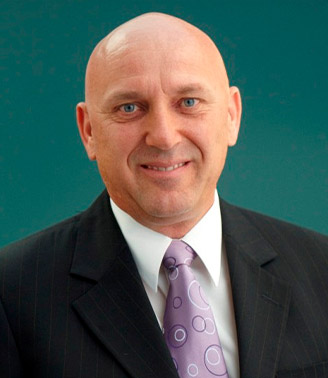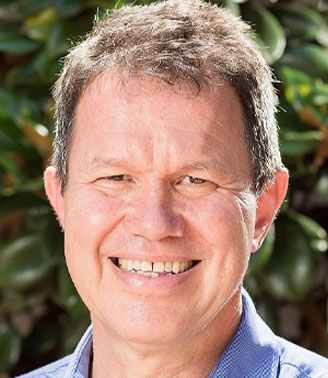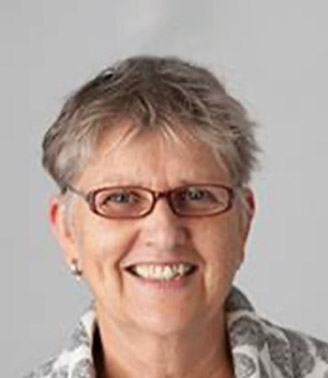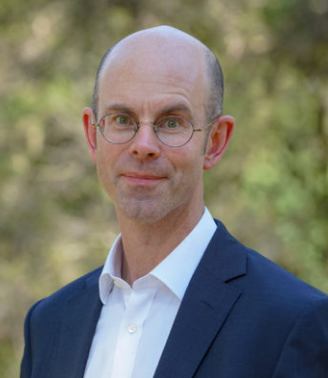
Ben is WSCA's founding CEO, continuing the work he started as CEO of the CRC for Water Sensitive Cities (CRCWSC). He joined the CRCWSC in 2017 as Chief Operating and Finance Officer, becoming CEO in 2020. In addition to his executive responsibilities, Ben also leads multidisciplinary local and international projects supporting the valuation and application of water sensitive city approaches.
Before joining the CRCWSC, Ben spent 10 years as a member of Melbourne Water’s executive leadership team where his responsibilities included water resource and sewerage system planning, utility regulation, customer service, public affairs, research and development.
Ben’s career has also included senior positions with a range of policy, regulatory and research organisations including the Productivity Commission, the National Competition Council, and the Australian Bureau of Agricultural and Resource Economics and Sciences. Ben has an honours degree in Economics, a Master of Business Administration, and has completed the Executive Fellows Program at the Harvard Kennedy School.
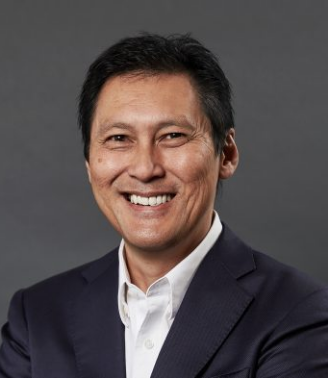
Professor Tony Wong was formerly the Chief Executive of the Cooperative Research Centre for Water Sensitive Cities and is internationally recognised for his research and practice in sustainable urban water management. He has led a large number of award-winning urban design projects in Australia and overseas and has been commended for having defined “a new paradigm for design of urban environments that blends creativity with technical and scientific rigour”.
In October 2010, Tony was presented the prestigious Sir John Holland Award as Australia’s 2010 Civil Engineer of the Year. He was elected Fellow of the Australian Academy of Technological Sciences and Engineering in 2012 and received the IWA 2018 Global Water Award for his leadership and lifetime achievements in developing the concept of Water Sensitive Urban Design. Tony has over 200 publications and has presented over 75 keynote and invited lectures.
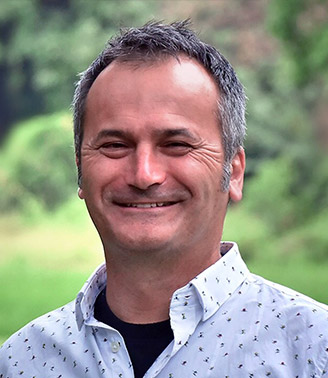
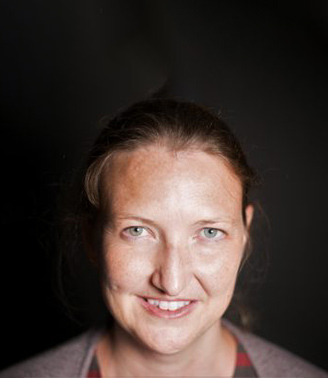
Katharine has a background in water resources and environmental management, having worked in Asia, Africa, Europe, North America and South America with non-government organisations, government and the private sector for more than 15 years. Her experience covers a range of areas including: climate resilience and adaptation, nature-based solutions, water-energy-food nexus, water governance and connecting cities and urban stakeholders with their watersheds. She is also experienced at building partner engagement and supporting knowledge develop and management.
She has a Master of Environment and Development from the London School of Economics, and other academic qualifications in environmental engineering and science. Before joining WSCA, she was the Strategy and Partnerships Lead at the Australian Water Partnership. She has also worked for the International Water Association and the International Union for Conservation of Nature.

Chris recently joined WSCA as a Water Sensitive Cities specialist in the mainstreaming program. He assists communities around Australia to transition to more water sensitive practices and processes through effective collaboration, broad understanding of contexts and a thorough knowledge of available tools and processes from the CRC for Water Sensitive Cities.
Chris has worked in the water and environmental management sector for 22 years with the Water and Rivers Commission, Great Barrier Reef Marine Park Authority, Townsville City Council and now with Water Sensitive Cities Australia. He is recognised as a leader in urban water quality and quantity management in the Reef region, including residential water use management and behaviours, smart technological approaches and water quality improvement planning and action. In addition, he also has significant experience in natural resource management, and urban and regional planning, and is also a sessional lecturer at James Cook University and a member on several industry advisory groups.

Collaborating with researchers and practitioners from multidisciplinary and multi-sectoral backgrounds, Jianbin translates research into practice and provides transformative responses to emerging urban challenges. He promotes multifunctional infrastructure and applies circular economy approaches to deliver water sensitive city visions at a range of spatial scales, using urban design, landscape architecture and industrial design as integrative platforms.
He incubates new thinking from ideation to design, development and prototyping. And then he works with partners to implement proofs-of-concept on-ground. Jianbin has worked extensively with governments, industry and research institutions. He has implemented over 30 on-ground demonstration projects across Australia, China, Singapore and Israel.
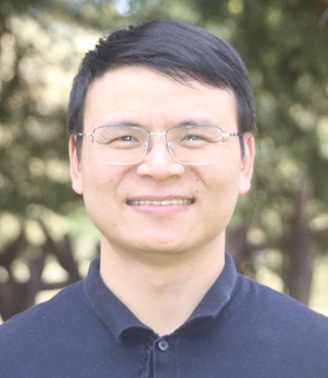
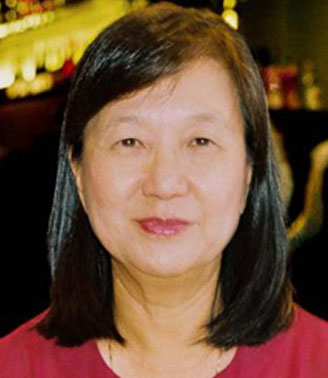
Li Xia is Water Sensitive Cities Australia’s Finance and Operations Manager, performing the work she started as the Finance Manager of the CRC for Water Sensitive Cities Ltd (CRCWSC) and Water Sensitive Cities Institute Pty Ltd. She joined CRCWSC in 2015 and is responsible for providing high quality innovative solutions and advice formulated from advance business planning, forecasting, modelling, analysis and reporting.
Li Xia’s career started from across the Tasman. She has assumed the roles of Financial Controller, Company Secretary, Treasurer, and Deputy Finance Director over a range of sectors that include government, insurance, building materials and forestry sectors while in New Zealand. Since relocating to Melbourne and prior to joining the CRCWSC, Li Xia was a senior Financial Controller within the Loyalty Division of the Qantas Group.
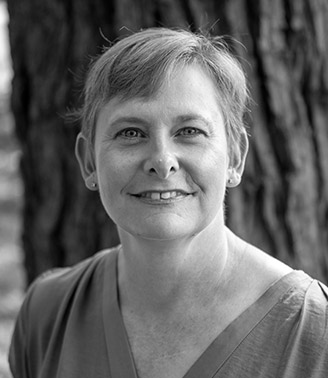
Jenny is an experienced professional economist, with 15 years of experience in both the government and private sectors (PricewaterhouseCoopers and Productivity Commission). She has been providing freelance research, writing, editing and communications services for the past 12 years.
She provided communications services for the CRC for Water Sensitive Cities for 3 years before its term ended in 2021.
She has a Bachelor of Economics (Hons) from the University of Queensland.
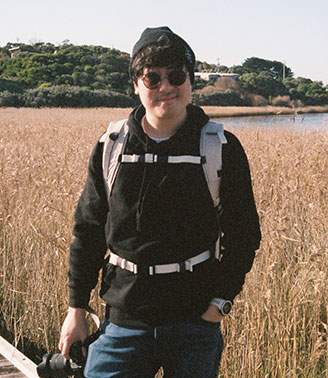
Hima Chanarithichai
Ditiphatra Chanarithichai (Hima) is an economic research assistant with 5 years of experience in infrastructure finance, market research, economic & financial analysis, and business development in Thailand (PricewaterhouseCoopers and Charoen Pokphand Group).
He is currently studying Master of Data Science at Monash University (AU) and has a Bachelor of Economics from Thammasat University (TH).

Smriti has a Postgraduate Diploma in Environmental Studies and a Bachelor of Arts (joint major in Economics and Environmental Studies) from Krea University (India). She is currently studying a Masters in Environment and Sustainability, specialising in corporate and leadership studies at Monash University.
She’s worked as a research and teaching assistant at Krea University. Some of her projects include:
- creating a small working model of a green wall to control micro-climate and increase biodiversity
- co-curating an innovative waste management company proposal to promote Sustainable Development Goals 3, 7, 9, 11 and 13
- conceptualising ideas of minimalistic living and sustainability to embed sustainable development concepts in architecture.
She’s also interned and volunteered with various organisations around the world, such as Tracks GmbH (Germany), Digital Empowerment Foundation (India), the South Asian People’s Action for Climate Change Conference and the Climate Change Caregivers Circle.
